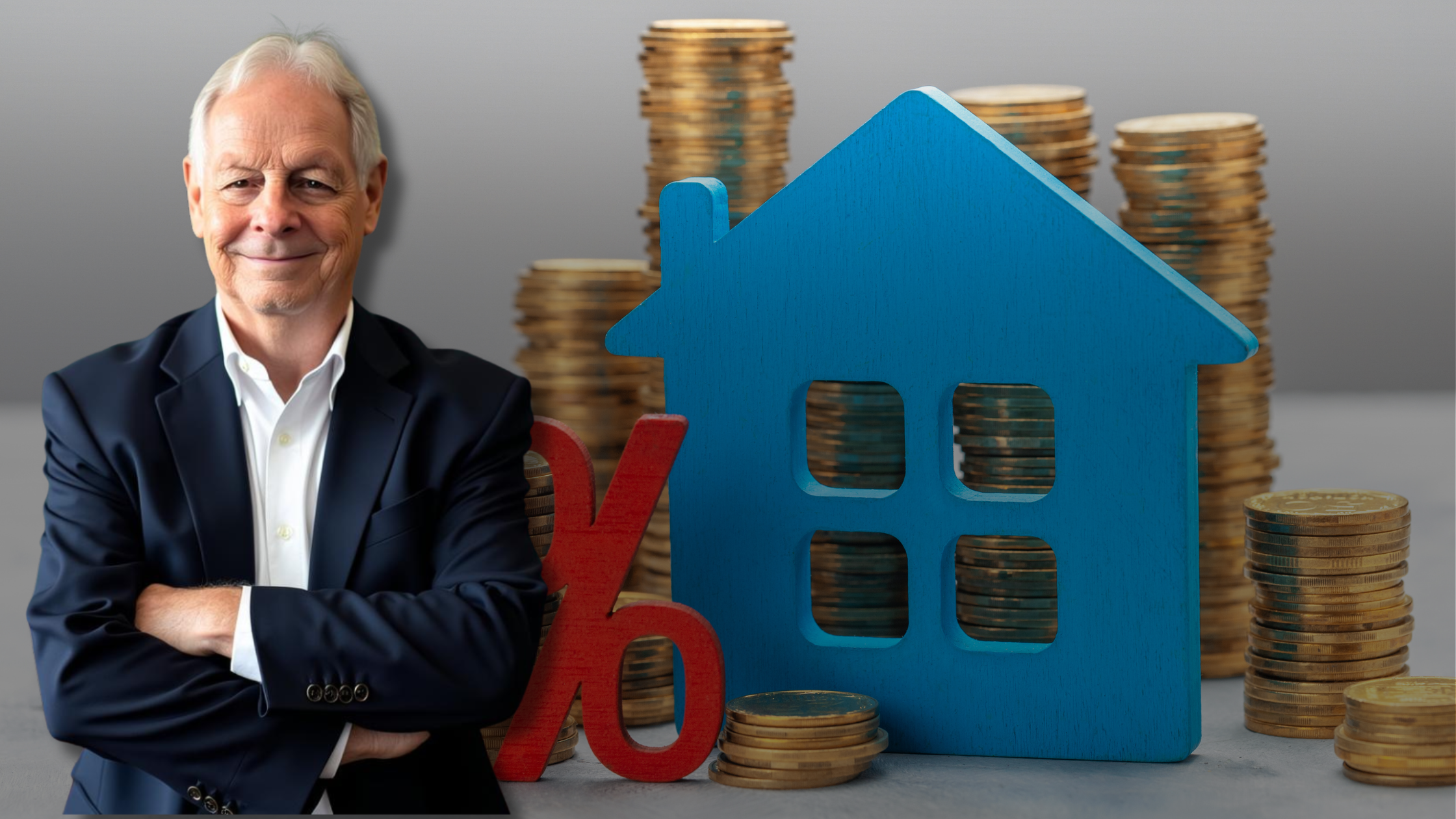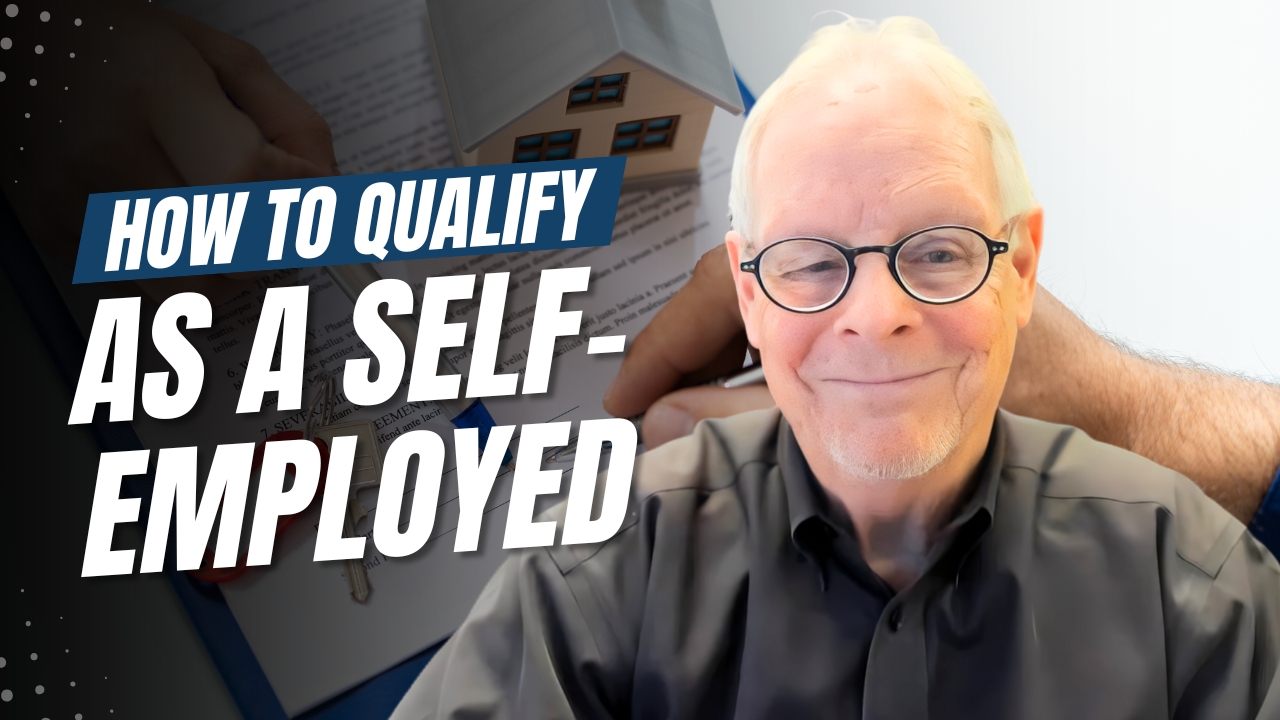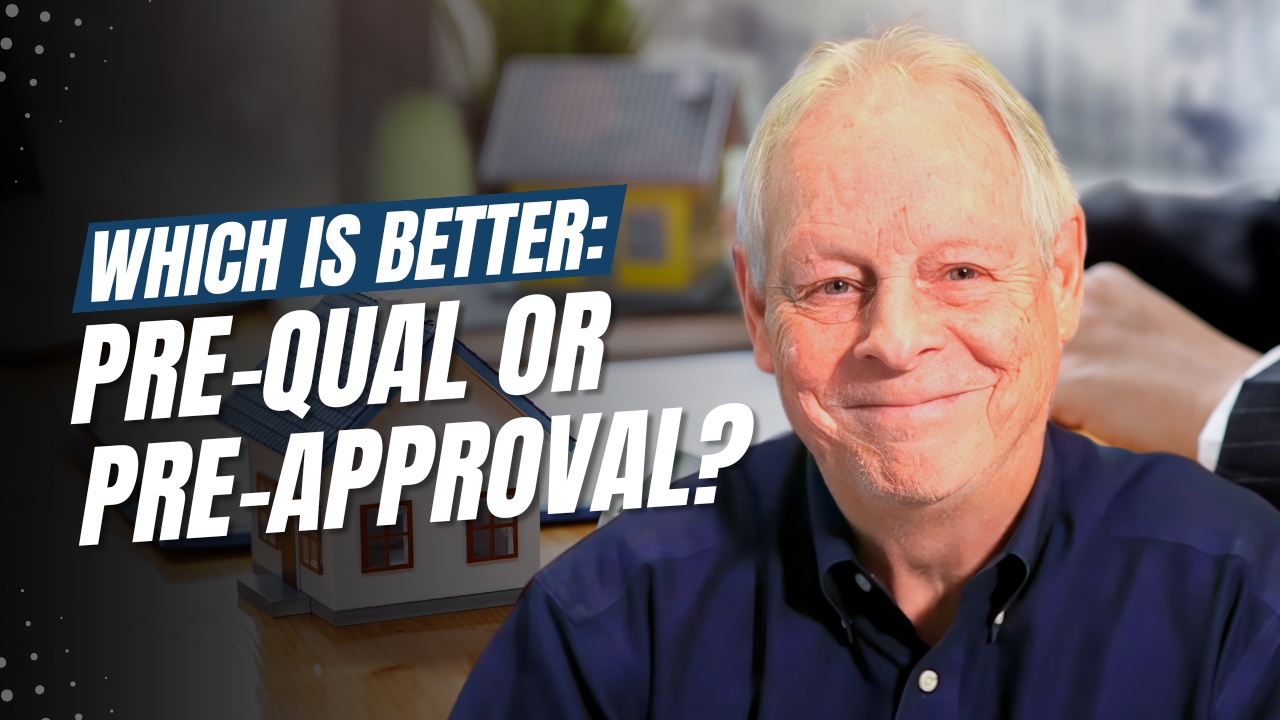Your Mortgage Starts Here. Schedule a 1-on-1 discovery call where I’ll listen to your needs and see if I can help you. Schedule a Call
Are you looking forward to retirement but worried about your monthly mortgage payment? If you’re 62 or older, reverse mortgages could ease your stress. Whether you’re considering one for yourself or for someone you care about, I’m here to explain it to you.
What is a reverse mortgage? A reverse mortgage, or home equity conversion loan, is designed for senior homeowners. Unlike a traditional mortgage, where you make payments to reduce your loan balance, a reverse mortgage increases your loan amount over time.
With a reverse mortgage, you don’t have to make monthly payments. Instead, you can use the equity in your home and continue living there. However, you still need to pay property taxes, homeowner’s insurance, and HOA fees.
It works like this: if you start with a loan balance of $100,000, it could grow to $105,000, $110,000, or even $120,000, depending on how long you stay in your home. A reverse mortgage lets you live in your home without the burden of monthly mortgage payments.
You might be wondering, “Does the bank own my house?” The answer is no. You still own your house throughout the entire process, just like you would with a regular mortgage. While you do owe a lien, you remain the owner.
When you decide to leave the property, the mortgage becomes due, whether moving to a new place, living with family, or a community living situation. Generally, you’ll have about six months to either sell the property, let your heirs take over, or allow them to pay off the mortgage so they can keep the home.
If you’re a couple, the last person to stay in the house can continue living there. For example, if the husband passes away and the wife is still in the home, she can remain without any changes. The mortgage only ends when both borrowers leave the property, whether to move elsewhere or enter a community living area.
What happens if both borrowers pass away? The property goes to the heirs. They can sell it, keep it, or pay off the mortgage with a standard loan. One important thing to remember is that you won’t ever pay more than the home’s appraised value. This is called a non-recourse loan, meaning if the mortgage is higher than your home’s worth, you’re only responsible for 95% of that appraised value.
If you’re thinking of getting cash from your property, consider a cash-out refinance or a home equity line of credit. However, these options still require a mortgage payment.
For many people, a reverse mortgage can be a real lifesaver. If you’re curious whether it’s the best option for you or if you want more information, feel free to call me at (281) 348-9899 or email me at mike@mortgageguys.pro. I’d love to chat.
-
Your Mortgage Starts Here. Schedule a 1-on-1 discovery call where I’ll listen to your needs and see if I can help you. Schedule a Call
-
Get Pre-Approved Today. Unlock your dream home today by getting pre-approved for a loan. today. Start now and take the first step towards securing your ideal mortgage with ease!. Get Started
-
Free Rate Quote. Complete our quick secure application, and we will get you a custom quote with different options and review which one best fits your needs!. Apply Now
-
Free e-Newsletter. Keep up to date with my mortgage tips and Q&A.. Subscribe Now




